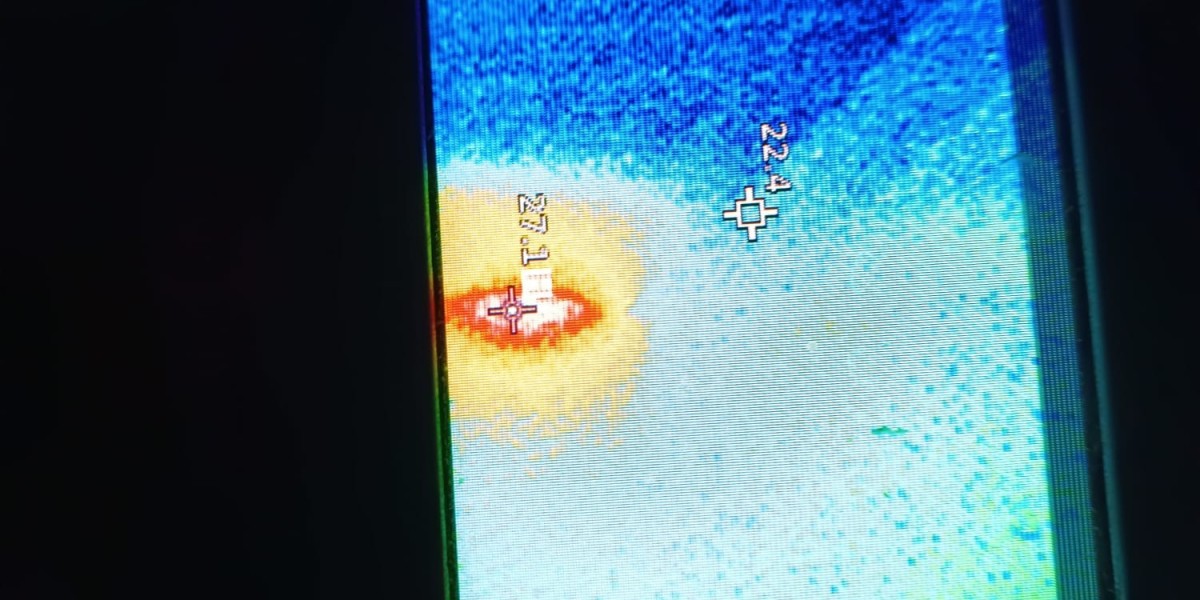Multiple Myeloma, a malignancy characterized by the proliferation of abnormal plasma cells in the bone marrow, has seen significant advancements in treatment over the past decade. As the Multiple Myeloma Drugs Market evolves, novel drug classes are at the forefront, promising to transform patient outcomes and redefine treatment paradigms.
Historically, Multiple Myeloma Treatment has relied heavily on conventional therapies, including chemotherapy, corticosteroids, and immunomodulatory drugs (IMiDs). However, these treatments often come with limitations, including side effects and diminishing efficacy over time. This has driven the need for innovative therapies that address these challenges and offer new hope to patients.
Among the most promising developments are the novel drug classes, including CAR-T cell therapies, monoclonal antibodies, and small molecule inhibitors. Each of these brings a unique approach to combating Multiple Myeloma, targeting specific pathways involved in the disease's progression.
CAR-T Cell Therapies: Chimeric Antigen Receptor T-cell (CAR-T) therapies represent a groundbreaking advancement in Multiple Myeloma Treatment. By engineering a patient's own T-cells to recognize and attack myeloma cells, CAR-T therapies have demonstrated impressive efficacy in clinical trials. These treatments offer the potential for deep and durable responses, even in patients who have relapsed after multiple lines of therapy. The introduction of CAR-T therapies is expected to significantly impact the Multiple Myeloma Drugs Market, driving growth and offering new avenues for treatment.
Monoclonal Antibodies: Another innovative class of drugs, monoclonal antibodies, targets specific proteins on the surface of myeloma cells. Drugs like daratumumab and isatuximab have shown promising results, leading to their approval and incorporation into treatment regimens. These antibodies can be used in combination with other therapies, enhancing their effectiveness and improving patient outcomes. As the Multiple Myeloma Market expands, the role of monoclonal antibodies in combination therapy is likely to become increasingly central.
Small Molecule Inhibitors: Small molecule inhibitors, such as proteasome inhibitors and kinase inhibitors, are also transforming the landscape of Multiple Myeloma Treatment. Drugs like bortezomib and carfilzomib work by interfering with the cellular processes that allow myeloma cells to survive and proliferate. Their continued development and integration into treatment regimens are expected to drive growth in the Multiple Myeloma Treatment Market, offering patients more options and potentially better outcomes.
Unlock Insights with Our Market Research Reports – Explore Now!
The promise of these novel drug classes is not just in their individual efficacy but in their potential for combination therapies. Combining CAR-T cell therapies, monoclonal antibodies, and small molecule inhibitors could provide a multi-faceted approach to treating Multiple Myeloma, potentially overcoming the limitations of existing treatments.
As these innovative therapies continue to advance through clinical trials and gain regulatory approval, the Multiple Myeloma Drugs Market is poised for significant growth. The evolving treatment landscape holds promise for improved patient outcomes, longer progression-free survival, and ultimately, a better quality of life for those affected by this challenging disease.
In summary, the emergence of novel drug classes in the treatment of Multiple Myeloma represents a transformative shift in the field. With CAR-T cell therapies, monoclonal antibodies, and small molecule inhibitors leading the charge, the future of Multiple Myeloma Treatment looks increasingly promising, offering new hope to patients and driving the ongoing evolution of the Multiple Myeloma Market.
List of Important Links
BK virus infection market | Cholangiocarcinoma market | Chronic hepatitis b virus market | Familial chylomicronemia syndrome market | Italy healthcare outlook report | Polycythemia market | Severe hypertriglyceridemia market | Waiha market | Bacteremia market | Biliary tract carcinoma market | Bronchial spasm market | Chronic inducible urticaria market | Biliary atresia market | Diffuse large b-cell lymphoma market | Heavy metal poisoning market | Alport syndrome market | Bipolar depression market | Cardiac amyloidosis market | Central retinal venous occulsion market | Chemotherapy induced anemia market | Chronic idiopathic urticaria market | Leptomeningeal metastases market | Wet-age related macular degeneration market | Acromegaly market | Multiple myeloma market






